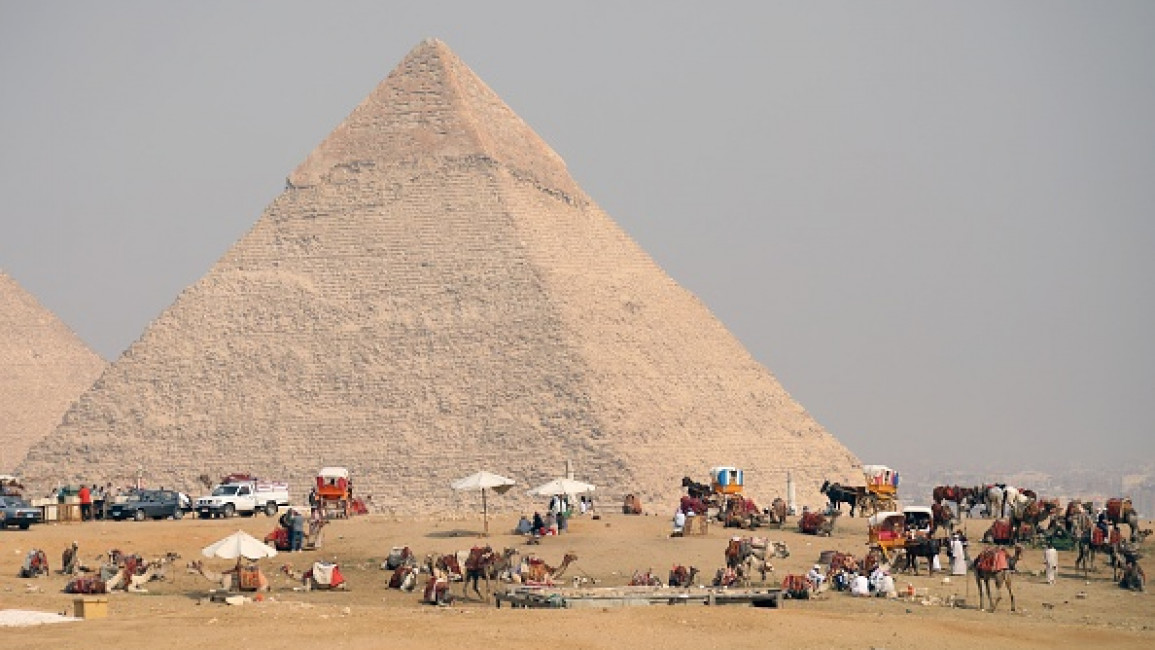Egypt's Menkaure Pyramid restoration project rejected by review committee
A heated debate over a restoration project of Egypt's Pharaonic Menkaure Pyramid was finally resolved on Thursday after an official committee rejected the plan, which had divided experts for almost three weeks.
An official review committee — led by renowned Egyptologist and former minister of antiquities Zahi Hawass and involving six prominent engineers and archaeologists from Egypt, the US, the Czech Republic, and Germany — has unanimously objected to the suggestion of re-installing the granite casing blocks scattered around the base of Menkaure, the pyramid, the smallest of Egypt's over 4000-old three pyramids of Giza.
"It would be impossible to ascertain the exact, original position of any of the casing blocks and, hence, return any of them to their original location on the pyramid. Any re-installation of the casing blocks would change the…original fabric and the appearance of the pyramid, concealing the evidence of how ancient Egyptians designed and built the [Giza] Pyramids, local state-run Al-Ahram newspaper reported, citing the official report.
The report added that the committee gave initial consent to carry out archaeological excavations to uncover the Menkaure Pyramid boat pits, provided that clear, detailed scientific studies are submitted before the operations kick-off.
The committee has further authorised an archaeological project for studying and surveying the pyramid in question, organising the fallen granite blocks of its outer casing, and conducting excavations to uncover the sloping debris around it.
Dubbed the "project of the century" and "Egypt's gift to the world," Mostafa Waziri, the Secretary-General of the country's Supreme Council of Antiquities, sparked widespread controversy after he declared a long-term restoration project of the pyramid, arguing it had lost its original granite casting throughout the centuries.



